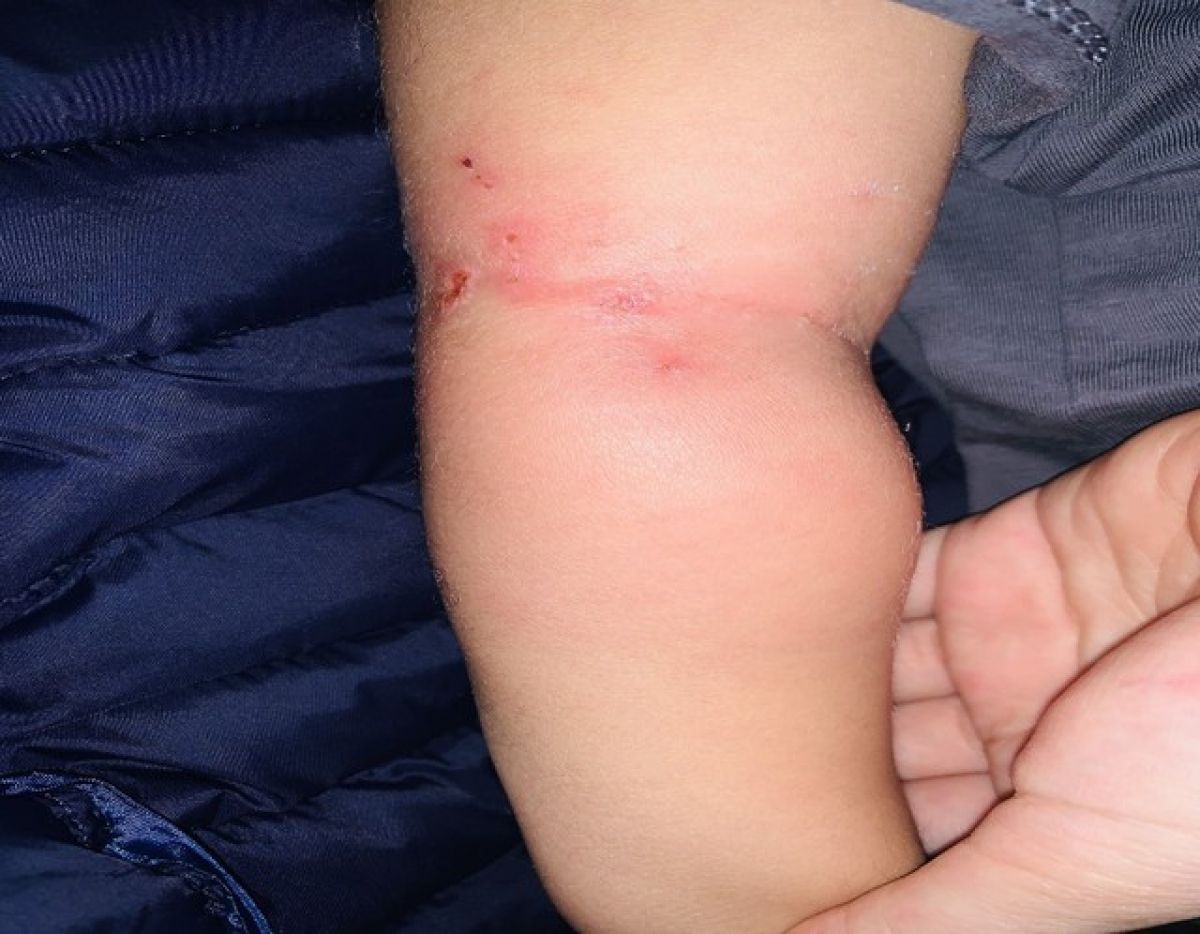7 WHO COVID-19 response recommendations for Vietnam
- WHO affirmed that COVID-19 is no longer a global emergency, but all countries need to learn how to respond to this disease, as well as other diseases.
On May 5, the World Health Organization (WHO) COVID-19 Emergency Committee confirmed that this pandemic is no longer a global emergency. This statement is considered a premise for WHO to decide whether to maintain the maximum alert level for the COVID-19 pandemic.
According to the COVID-19 Emergency Committee, this decision is based on the fact that the COVID-19 pandemic still exists, but the world has made progress in controlling the disease. Therefore, COVID-19 is no longer a global emergency.
After this statement of WHO, the representative office of this organization in Vietnam on May 8 also made 7 specific recommendations in the prevention and control of the COVID-19 epidemic. WHO affirms that all countries need to learn how to respond to this epidemic, as well as other diseases.

For Vietnam, WHO recommends:
First: Never be subjective, neglect before the epidemic. Countries need to maintain their capacity and achievements in COVID-19 prevention and control. At the same time, prepare for possible epidemic developments in the future, to avoid overloading the health system. For Vietnam, WHO recommends, the disease prevention and control system is always ready to respond when the epidemic changes.
Second: Include COVID-19 vaccination in the National Immunization Program or Lifelong Immunization. Vietnam has a very good COVID-19 vaccination program, according to which, WHO still recommends Vietnam to increase booster shots, especially for high-risk groups.
Third: Countries need to continue to strengthen and integrate surveillance activities to monitor respiratory diseases and report to WHO. Vietnam should focus on focused monitoring, very closely with any appearance of new variants. In addition, it is necessary to closely monitor changes in the speed, level of transmission, severity of cases... in an effort to reduce the number of deaths or the number of intensive care hospitalizations.
Fourth: Vietnam needs to have vaccines, diagnostic and treatment facilities ready, ensuring long-term supply chains and availability.
Fifth: Continue communicating and mobilizing the participation of the community in epidemic prevention and control efforts. COVID-19 is no longer an unprecedented situation, but it is still necessary to communicate for people to understand and update disease information.
Sixth: Vietnam has actually completely lifted travel restrictions from March 2022 when it comes to sustainable management of COVID-19. However, it is still necessary to continue to review and update the national response plan and to be ready, flexible, and if necessary re-establish public health and social measures, based on the situation of the epidemic. and risk assessment.
Seventh: Vietnam still needs to continue research to improve vaccines and understand related post-COVID-19 conditions better. In the context that the number of cases is still increasing, we still need to closely monitor, take measures ready - improve intensive care capacity to ensure that when the number of cases increases, the health system is not overwhelmed.
At a press conference on the afternoon of May 8 on the prevention and control of the COVID-19 epidemic, Dr. Angela Pratt - WHO Representative in Vietnam affirmed: "WHO has always accompanied and committed to the Ministry of Health in the prevention and control of COVID-19. COVID-19 epidemic in Vietnam".
* SOURCE: https://vtc.vn/7-khuyen-nghi-ung-pho-covid-19-cua-who-voi-viet-nam-ar771276.html









 Facebook
Facebook
 Tweet
Tweet
 Zalo
Zalo







 News
News

















 Sign in with Facebook
Sign in with Facebook
 Sign in with Google
Sign in with Google